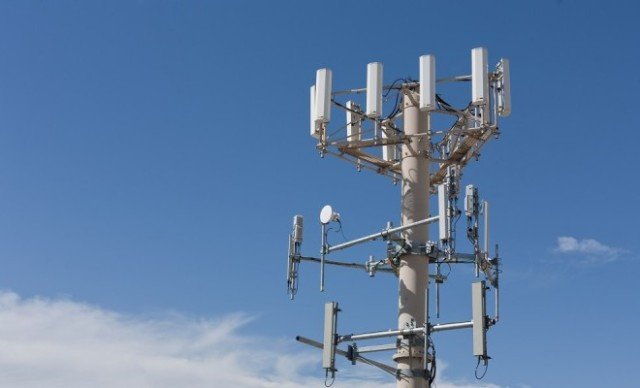The latest telecom news includes announcements on Telefonica, Huawei, Nokia, Vodafone Idea, Team Telecom Armenia, among others.

Telefonica Balances Huawei and Nokia in 5G Core Strategy Until 2030
Telefonica has renewed its contract with Huawei to supply equipment for its 5G core network for retail customers in Spain until 2030. The agreement, signed in late 2024, continues Huawei’s role in the consumer segment. In early 2025, Telefonica awarded Nokia a separate 5G core contract for enterprise and government services, showing a multi-vendor approach to network development. Telefonica’s COO Emilio Gayo said the company is reducing reliance on Huawei in line with European Union guidance on telecom security. Spain has not banned Huawei equipment, unlike Germany, Reuters reports.
DOT Rules Out AGR Relief for Vodafone Idea
The Department of Telecommunications (DoT) is not considering any relief on adjusted gross revenue (AGR) dues for Vodafone Idea, according to Minister of State for Telecom Pemmasani Chandrasekhar. There are no current proposals for waivers or reductions in AGR liabilities. Vodafone Idea continues to face financial pressure due to spectrum payments and AGR obligations. The government converted part of Vodafone Idea’s dues into equity, making it the largest shareholder, Business Standard reports.
Team Telecom Armenia to Decommission 2G, Shift to Advanced Networks
Team Telecom Armenia will shut down its 2G network on November 15, 2025, becoming the first operator in the Caucasus to take this step. The company will reallocate network resources to 4G and 5G technologies. This transition aims to improve network performance, expand coverage, and enhance security by focusing on modern communication standards. The move reflects a broader trend in the telecom industry to retire legacy networks to support advanced technologies. Operators globally are reallocating spectrum from older networks to expand 4G and 5G capabilities, enabling faster data transfer, more reliable connections, and improved support for emerging applications.
India Reviews Satellite Spectrum Pricing, Restricts Overseas Use of Gateways
The Indian government is reviewing satellite spectrum pricing, with discussions ongoing between the Department of Telecommunications (DoT) and the Telecom Regulatory Authority of India (TRAI). TRAI proposed that satellite communication providers, including Starlink, Eutelsat OneWeb, and Jio Satellite, pay 4 percent of their adjusted gross revenue (AGR) as spectrum usage charges. Private telecom operators have raised objections to the proposed rates. The government has also barred satellite communication providers from offering services outside India using Indian gateways. Minister of State for Communications Chandra Sekhar Pemmasani stated that licenses for these providers are valid only within India, Moneycontrol.com reports.
Shafana Fazal
